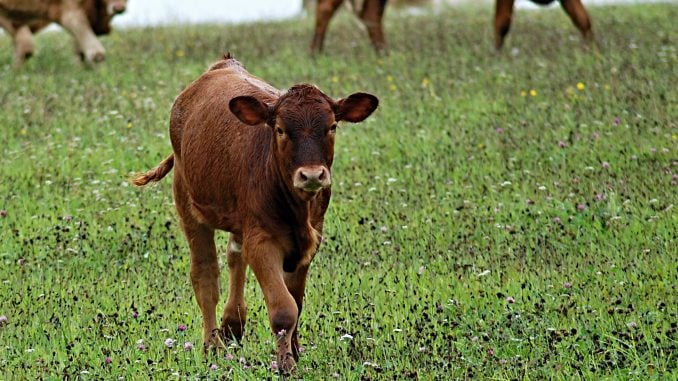
RALEIGH In perhaps the most hotly debated piece of legislation this week, the N.C. House of Representatives passed a bill that caps compensatory damages from nuisance claims at an amount equal to the fair market value of the affected property.”In the past, we have seen farmers sued into bankruptcy without proof of damages,” said Commissioner or Agriculture Steve Troxler (R) in a statement to North State Journal. “I’m glad the legislature is taking a look at these lawsuits that are putting farmers at risk, and I certainly hope this legislation will offer farmers a measure of protection.”House Bill 467 was filed in late March as federal courts in the State consider 26 lawsuits representing 541 plaintiffs seeking damages to compensate for the diminution of property values as a result of adjacent hog farming operations. The plaintiffs contend that the livestock operations, and spraying of effluent on crops near the properties, represent a nuisance that has reduced their property values.Sponsors of the legislation pointed out that the presiding judge in the case cited the absence of clarity in state law for damages associated with such temporary nuisance cases, potentially opening the door for outsized damages awards that would be detrimental to the farms’ viability. “This legislation deals with nuisance lawsuits, only,” said primary sponsor Rep. Ted Davis (R-New Hanover), adding that the bill does not limit damages for a bevy of other categories such as environmental, liability, or punitive damages.Critics of the measure worried that such caps on nuisance damages unfairly restricted the property rights of potential plaintiffs and were especially concerned that the legislature was crossing a separation of powers line by getting involved in pending litigation in such a way as to benefit the defending hog farming entities.”It really is not the responsibility of this legislature to take away those property rights, one, and secondly to immerse itself in an existing lawsuit,” said Rep. Hugh Blackwell (R-Burke). “It is encouragement for well-heeled defendants or plaintiffs to decide that they will bring all heavily disputed claims to the legislature and persuade somebody that if you label it a clarification of the existing law that it’s okay to do it.”Rep. John Blust (R-Guilford) and Rep. Michael Speciale (R-Craven) argued that not only should the legislature avoid involvement in pending lawsuits, but that actions clarifying or changing such damages should be handled in general tort reform legislation that ensures a uniform application of property rights across multiple legal landscapes.”Nothing is more fundamental to liberty than you getting the use of your own home unimpeded by bad things that neighbors may do on their property,” said Blust during debate on the House floor. “It’s long been recognized, we ought not to tamper with it today, particularly to pick the winner in a lawsuit currently before the court.”As a remedy, an amendment was offered stipulating that the act was to be effective when it became law and would not affect pending lawsuits. After a heated debate, the amendment was adopted by a thin margin of only three votes. Subsequently, the amended bill was passed the chamber with a solid majority. The amendment was thought to be a boon for trial lawyers according to insiders.Proponents of the bill such as the N.C. Pork Council are pleased with its passage, though believe pending cases should also be included. “Farmers continue to believe that this clarification is appropriate to apply to pending cases as well as future cases,” said the council in a press release. “Many farmers need this protection from predatory lawyers who wish to use our farms to line their pockets.”The bill now heads to the N.C. Senate for consideration.



